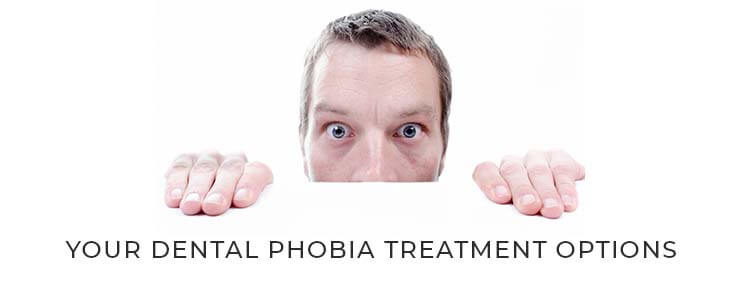Dental implants are where a prosthetic replacement for a broken took is inserted into the mouth, fixed to the jaw bone or the skull. They are used commonly in the UK as a very effective way of addressing severely broken or missing teeth. Crowns, dentures or bridges can then be fixed to the implant, depending on the nature of the issue.
Here at CK Dental, we know that many patients feel anxious or nervous ahead of procedures such as this, so here are some handy tips to help you feel more relaxed while you’re having the work done.
Dental implant relaxation tips
- It can feel like quite a long procedure for the patient, as you will be in the chair for quite a while. As such, bring along your favourite music or audiobooks to pass the time and also to block out the sounds of what is happening in the room and/or your mouth. You will be fully sedated, so won’t be able to feel pain, but something to distract from the sensation of someone working in your mouth helps divert your attention.
- With regards to sedation, the majority of work like this is done under a local anaesthetic, whereby you will still be awake when the work is done, but you won’t be able to feel it. If you are suffering from dental anxiety, however, speak to us about the possibilities of general anaesthetic, and we will be able to have a talk you about the pros and cons associated with this approach.
- Stock up on painkillers and comforting soft foods at home. When you get home, you will be in a bit of discomfort, so having some paracetamol or ibuprofen and some comforting soft foods such as soup will be helpful. Getting these stocked up in advance is sensible as it is one less thing to think about when you’re on the way home.
- If you’re worried that you will feel a bit discombobulated after the procedure, arrange for a friend or family member to come with you so they can drive you home. If this isn’t possible, a taxi instead. This will help remove any external worries about the logistics of getting home to relax afterwards.
- And that’s the last bit of advice – make sure you clear your diary and give yourself a good few hours afterwards to relax. You’ll feel a bit sore so take the time to curl up and look after yourself while the anaesthetic wears off.
Our practitioners are skilled in making patients feel more at ease during their dental experiences. If you are worried or feeling anxious, the best thing you can do is talk to us. We can help reassure you and make you feel more relaxed about the whole thing. Call CK Dental on 0117 905 9866 and arrange a consultation with our lead dentist Cornelius Krause.


















